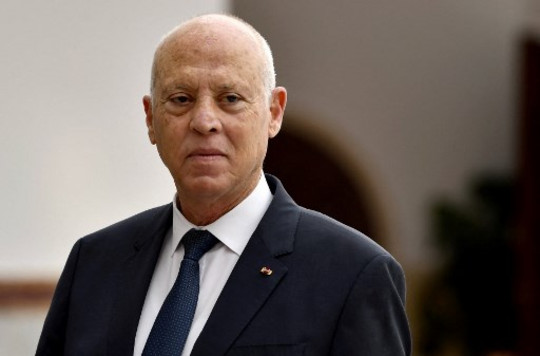After winning the presidential elections at the end of 2019, Kaïs Saïed seized full executive powers on 25 July 2021 and suspended the Parliament. After pledging to propose a new constitution, he published a first document on 30 June 2022 in the Official Journal, followed on 9 July by a second text including new amendments. This draft constitution will be submitted to a popular referendum on 25 July 2022, the anniversary of his seizure of power.
The IFJ and SNJT have voiced their concerns about the threats to media freedom the new amendments pose.
In particular they have highlighted Article 55 and the lack of safeguards and the possibility for the authorities to abuse their power over rights and freedoms "in order to protect the rights of others or for the needs of public security, national defence or public health".
In a statement denouncing the reform of this "Constitution for the concentration of powers”, the SNJT with the Civil Alliance (a coalition of 39 Tunisian civil society organisations) underlined that the proposed draft will abolish several national institutions including the independent media regulator.
The SNJT is particularly opposed to the abolition of the audiovisual regulatory body (the Independent High Authority for Audiovisual Communication, HAICA) and other bodies protecting human rights or fighting against corruption and torture. The threat to these institutions is especially worrying as they were a safeguard for the respect of democracy and human rights.
The SNJT said: “this suppression, which is in total contradiction with the achievements of the Revolution and the State's international commitments to respect international rules and standards, paves the way for the return of executive control over these vital areas".
The joint Civil Alliance statement called on the president to withdraw the current draft and to launch an inclusive national dialogue to draft a new constitution that respects the dignity of Tunisians and meets their aspirations for freedom, equality and social justice.
IFJ General Secretary Anthony Bellanger said: "We urge President Saïed to honour his repeated pledges that he will uphold Tunisia's commitment to respect fundamental human rights, including freedom of expression and media independence. The current draft constitution fails to do so and instead presents new loopholes to repress journalists and take them back to the dark age of dictatorship."

